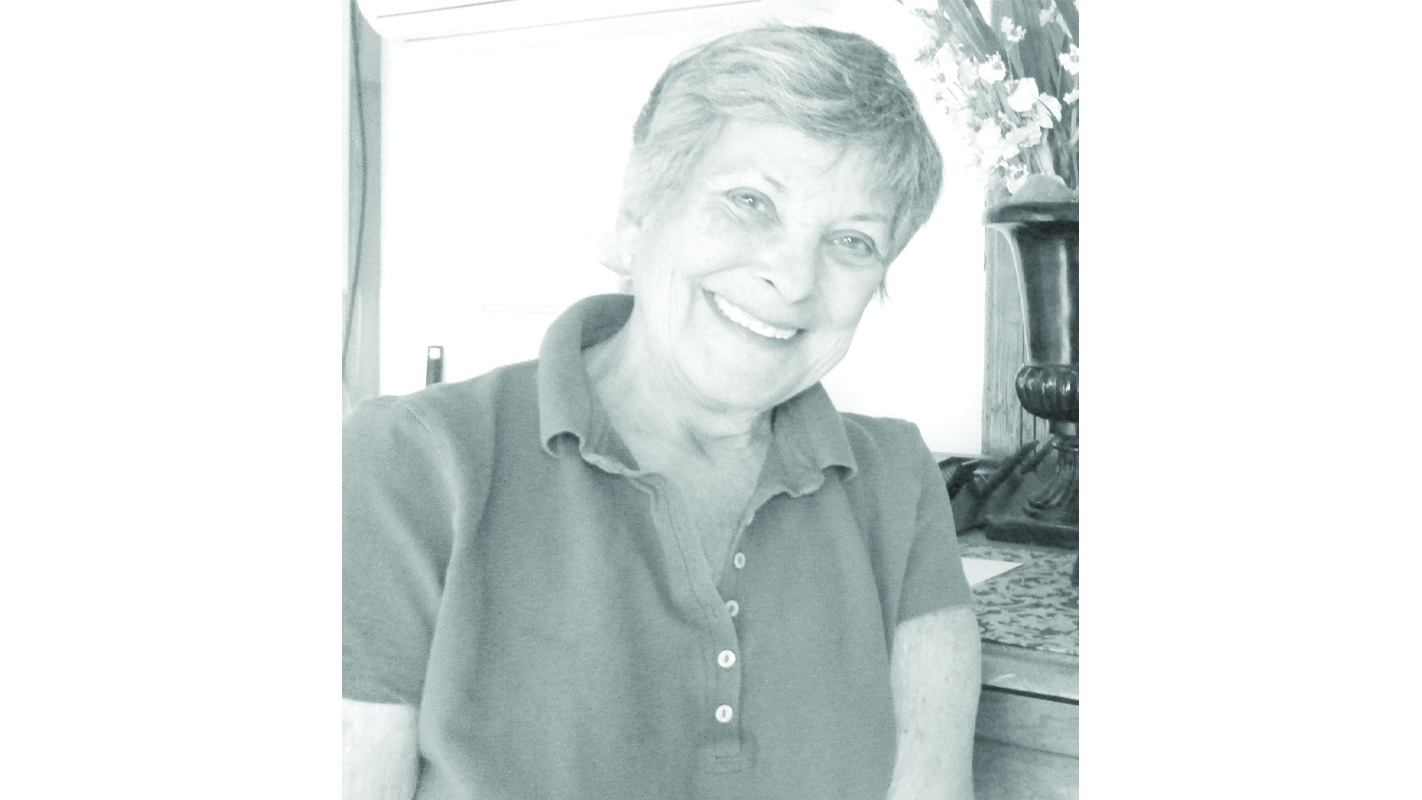Full disclosure: although the future is unknowable, I believe our lives will never be the same. For me, that’s the clarion call to start asking myself some questions about how I will live the rest of my life. There’s not a moment to lose.
In the interests of not wasting your time, if you believe that our world as it was let’s say in January 2020 was okay without much that you could do to change it for the better, if you believe a vaccine is coming that will be 100% effective against COVID-19, if you believe that it will be available to everyone at low or no cost and that every person will agree to be vaccinated, read no further – there are other, more productive things you can be doing with your time.
If, on the other hand, you think there are things that need improving, read along – not that I would presume to tell you what to do, but just to glean some quirky ideas from my To Do list.
1. Decide what are my main considerations before stepping out of self-isolation.
2. Understand better why there will be more government in our lives for the next decade (hint: more national debt, more need to support both the economy and society.)
3. Get more computer literate – we have morphed into the digital age much faster than expected – we’ll miss a lot if we don’t catch up and keep up.
4. Become comfortable with paradox. Here’s an example that’s related to #2 above: social media disconnects us from each other. Here’s another: the only constant is change. You have to accept the paradox if you want to adapt.
5. Sort through all the prescriptions for reviving the economy. It will be important in the next elections to have a view of what’s most appropriate. Remember that the COVID-19 shutdown of the economy was like a medically induced coma – it doesn’t need stimulus coming out of the coma, it needs rehabilitation therapy. Carefully consider therapies such as
a) spending on long-term care and health infrastructure, internet access for the thousands who still don’t have access
b) more investment in services that will help displaced workers regain employment, including the thousands not covered by EI
c) active coordination and cooperation between the public and private sectors
d) evolving the Canada Emergency Response Benefit (CERB) before it expires at the beginning of October 2020 by aligning it to minimum wages across the country and tying it to work income
e) other?
6. Review your position on saving and investment — persistently weak consumer and business demand may push medium- and longer-term inflation expectations well below central bank targets. What does this mean for future investment returns?
To be continued…






